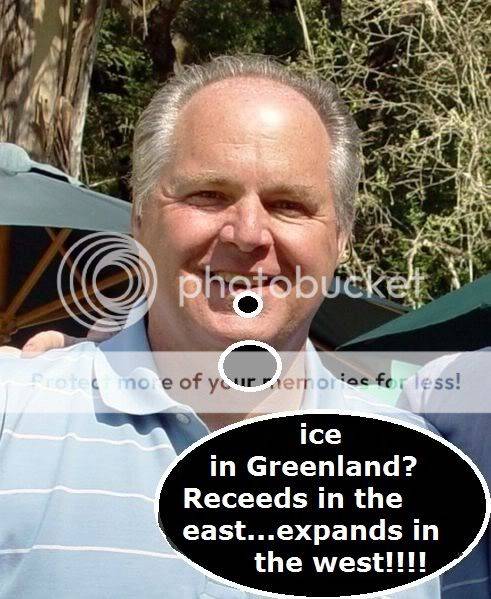Old Rocks
Diamond Member
Glacier ice loss at record levels - Climate Change, Environment - The Independent
Glaciers are shrinking at record rates and many could disappear within decades, the UN Environment Programme (UNEP) said yesterday. Scientists measuring 30 glaciers around the world found ice loss reached record levels in 2006, the most recent year for which data are available.
The most severe loss was recorded at Norway's Breidalblikkbrea glacier, which shrank 3.1m (10.2ft). On average, glaciers shrank by 1.5m. "The figures are part of what appears to be an accelerating trend with no apparent end in sight," said Wilfried Haeberli, director of the World Glacier Monitoring Service, which conducted the study.
Glaciers are shrinking at record rates and many could disappear within decades, the UN Environment Programme (UNEP) said yesterday. Scientists measuring 30 glaciers around the world found ice loss reached record levels in 2006, the most recent year for which data are available.
The most severe loss was recorded at Norway's Breidalblikkbrea glacier, which shrank 3.1m (10.2ft). On average, glaciers shrank by 1.5m. "The figures are part of what appears to be an accelerating trend with no apparent end in sight," said Wilfried Haeberli, director of the World Glacier Monitoring Service, which conducted the study.








 And as far as your anti science mantra goes...well my friend.. you are absolutely correct! We are as anti junk science as you can get!
And as far as your anti science mantra goes...well my friend.. you are absolutely correct! We are as anti junk science as you can get!